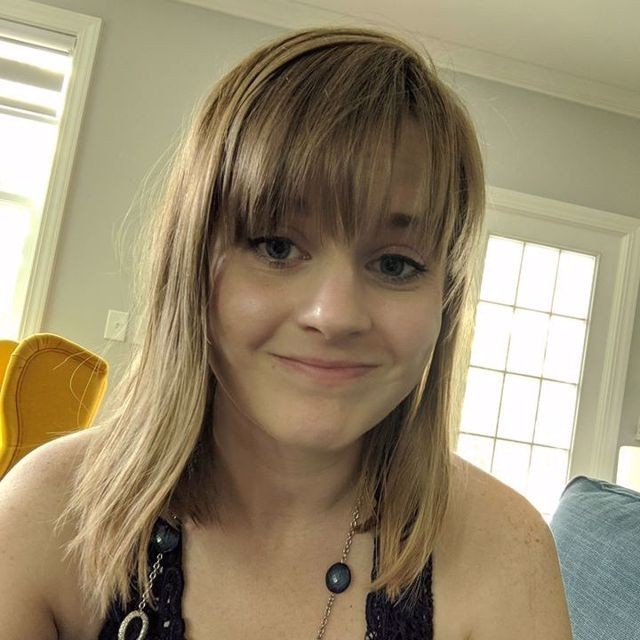I immediately saw how my teams at former companies could have benefited from the product; the chance to shape software that makes life easier for engineers just like me was compelling. Beyond believing in the product, I saw an opportunity to raise my hand for leadership and become a role model for other female engineers – who often count themselves out of similar positions.
As a team lead responsible for the development of other engineers, women and men alike, I have found a few sharable learnings over the course of my career that make our work more gratifying, teams more collaborative, and releases more reliable. These are my personal operating principles for growing great software teams and products:
Value diverse perspectives.
Before I pursued computer science, I actually earned degrees in literature. It may seem like a nontraditional route, but I’ve tapped into my background for communication skills that help me collaborate with (and learn from) people in other departments at work. In my experience, the best engineers can appreciate and interface with stakeholders across disciplines and priorities.
Keep the startup spirit alive.
A growing team is a great thing, but even as an engineering department stabilizes, it’s important to borrow from the best of startup culture to stay nimble, innovative, and connected. Flexibility and adaptability are always celebrated in my team because we know that change is constant, and it comes faster every day. With that should come a bias to action – willingness to solve problems without specific direction. Guided properly, freedom to take initiative can lead to highly collaborative and ingenious solutions.
Embrace building from the user’s perspective.
The most popular and usable products are always designed with the user in mind. At Allstacks, I’m in a unique position because I am the typical user for the product my team is building. It’s thrilling to be able to shape the roadmap based on the issues and ideas we identify through our usage. I think that being able to see yourself as the guinea pig for the product is an important exercise in empathy.
View yourself as your only competitor.
A rule I live by is, “Strive to be a better version of yourself each day.” Teams that share this value are cooperative instead of competitive because you can only compare yourself to yesterday’s you– not your teammate. This philosophy has kept me from getting stagnant, encouraged me to stay curious, and pushed me to be a better person.
Have fun, make better products.
It’s important to keep jokes alive, exchange all the memes, and laugh together – even as your team grows rapidly. A cheerful work environment can boost productivity, and it must be met with support for your team’s life outside work. One of the most impressive things our founder showed me when I interviewed was the Active Hours metric from the product that shows when teams are working. That report showed that no one works outside the 8 am-5 pm workday. I’m also a fan of the Slack-integrated Team Sentiment metric that tells me how my team is feeling, in case they need a breather, pep talk, or mental health check-in.
Align on what’s realistic.
As I’ve seen many times now, growing teams need ways to communicate clearly and achieve transparency between teams. Luckily, I’m able to use Allstacks in-house, so I can easily see milestones and progress across the front end and back end. Having a reliable signal for when a feature can be delivered (or why it might be delayed) is crucial for maintaining alignment and trust across departments.
If you want to experience these principles in action, and you’re excited to build complex things with greater purpose, we hope to hear from you as we add to our engineering team!
- Lisa
Want to hear more from Lisa?
- Check out this BuiltIn article, “Don’t Let Code Reviews Destroy Your Team Morale”
- Follow Her on Twitter or LinkedIn

Written By:





